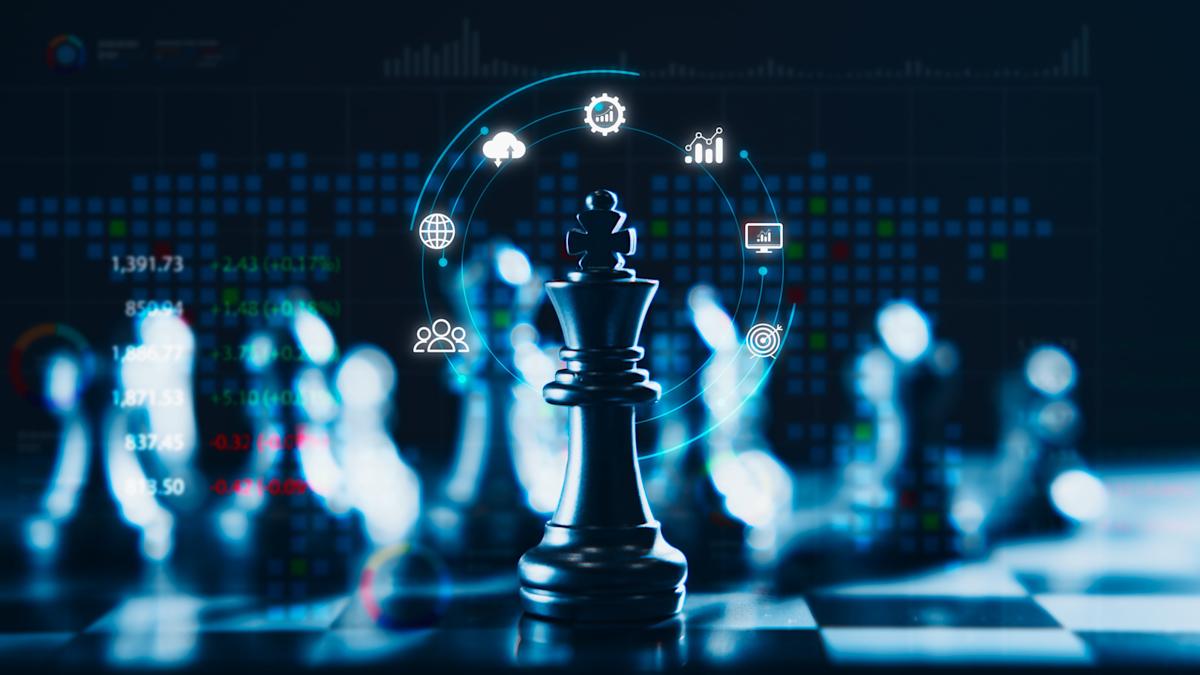OpenAI’s o3 Model Dominates AI Chess Tournament, Raising Questions About Relevance

A recent competition measuring the capabilities of leading artificial intelligence models has seen OpenAI’s o3 model emerge as a clear victor, defeating Grok 4 in the final round of an eight-model chess tournament. The event highlights the ongoing efforts by companies like OpenAI and Google to benchmark their AI advancements against one another, employing chess—a traditional yardstick for assessing machine learning progress—as a test of skill.
The practice of using chess as a performance indicator dates back decades in artificial intelligence development, resulting in machines possessing capabilities far exceeding human players. However, critics question the practical significance of these victories, particularly given broader concerns surrounding AI’s impact on society and the workforce.
Elon Musk, founder of x (formerly Twitter), acknowledged Grok’s defeat while emphasizing that any success in chess represents a mere byproduct of its overall development. The prevailing consensus within the industry suggests that AI companies are primarily focused on applications far beyond recreational games—namely, automating tasks, enhancing productivity, and potentially reshaping employment landscapes.
While OpenAI’s o3 demonstrates exceptional proficiency in chess gameplay, its capabilities remain narrowly defined; it currently lacks the creative potential to generate complex works of art such as literature. Despite anticipated improvements with future model releases like GPT-5, inherent limitations persist, including challenges related to AI-generated content’s lack of emotional depth and the ongoing issue of “hallucinations,” where AI models produce inaccurate or misleading information. Concerns also linger regarding the potential for negative psychological effects associated with interactions involving chatbots.
Ultimately, while such chess competitions generate attention-grabbing headlines, they offer little insight into the core challenges and risks posed by rapidly advancing artificial intelligence technologies—such as assessing its long-term impact on humanity and predicting workforce displacement.









